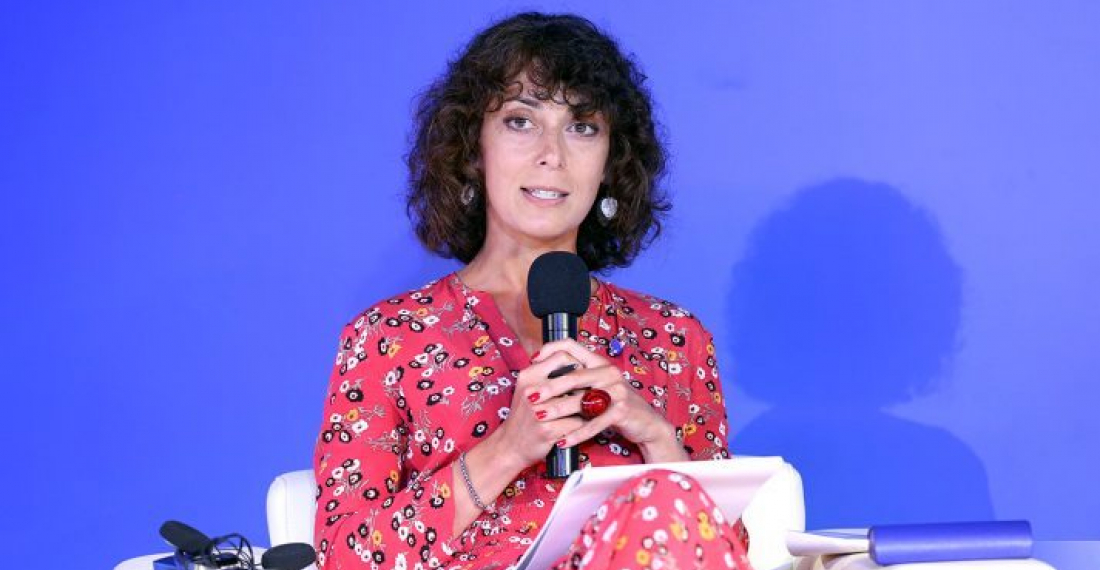Ambassador Natalie Sabanadze has resigned as the head of the Georgian Mission to the European Union, a post she has been occupying for the last eight years.
Dr Sabanadze wrote on her facebook page about her time as Head of Mission:
'It was a great honor and responsibility for me. It was a mission full of successes as well as challenges - professional or moral. Today it's time for me to turn the page. I decided to write a resignation letter, which was approved by the Minister. Georgia's European future is a goal I will always strive to achieve. I believe in this goal; I believe in it not because EU membership is a panacea, but because it is the only way to maintain our freedom and dignity.'
Sabanadze was a well liked and respected diplomat in Brussels. Educated at Oxford University, she was able to push the Georgian agenda in Europe with great success, although her aim of getting the EU to give Georgia a membership perspective was not achieved. Increasingly, however, she has had defend the current Georgian government from an increasing chorus of criticism in the European Parliament and elsewhere within the European institutions. Observers of the Brussels political scene say she will be a difficult act to follow, especially given the current controversies around the political situation in Georgia.







